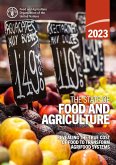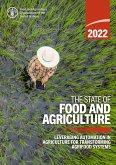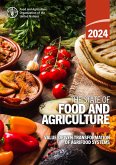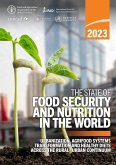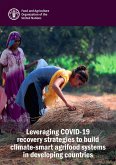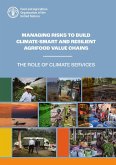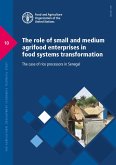The report comes more than a decade after the publication of the State of food and agriculture (SOFA) 201011: Women in agriculture Closing the gender gap for development. SOFA 201011 documented the tremendous costs of gender inequality not only for women but also for agriculture and the broader economy and society, making the business case for closing existing gender gaps in accessing agricultural assets, inputs and services. Moving beyond agriculture, The status of women in agrifood systems reflects not only on how gender equality and women's empowerment are central to the transition towards sustainable and resilient agrifood systems but also on how the transformation of agrifood systems can contribute to gender equality and women's empowerment.
It provides a comprehensive analysis of the available evidence on gender equality and women's empowerment in agrifood systems that has been produced over the last decade. The report also provides policymakers and development actors with an extensive review of what has worked, highlighting the promise of moving from closing specific gender gaps towards the adoption of gender-transformative approaches that explicitly address the formal and informal structural constraints to equality. It concludes with specific recommendations on the way forward.
Dieser Download kann aus rechtlichen Gründen nur mit Rechnungsadresse in A, B, CY, CZ, D, DK, EW, E, FIN, F, GR, H, IRL, I, LT, L, LR, M, NL, PL, P, R, S, SLO, SK ausgeliefert werden.



